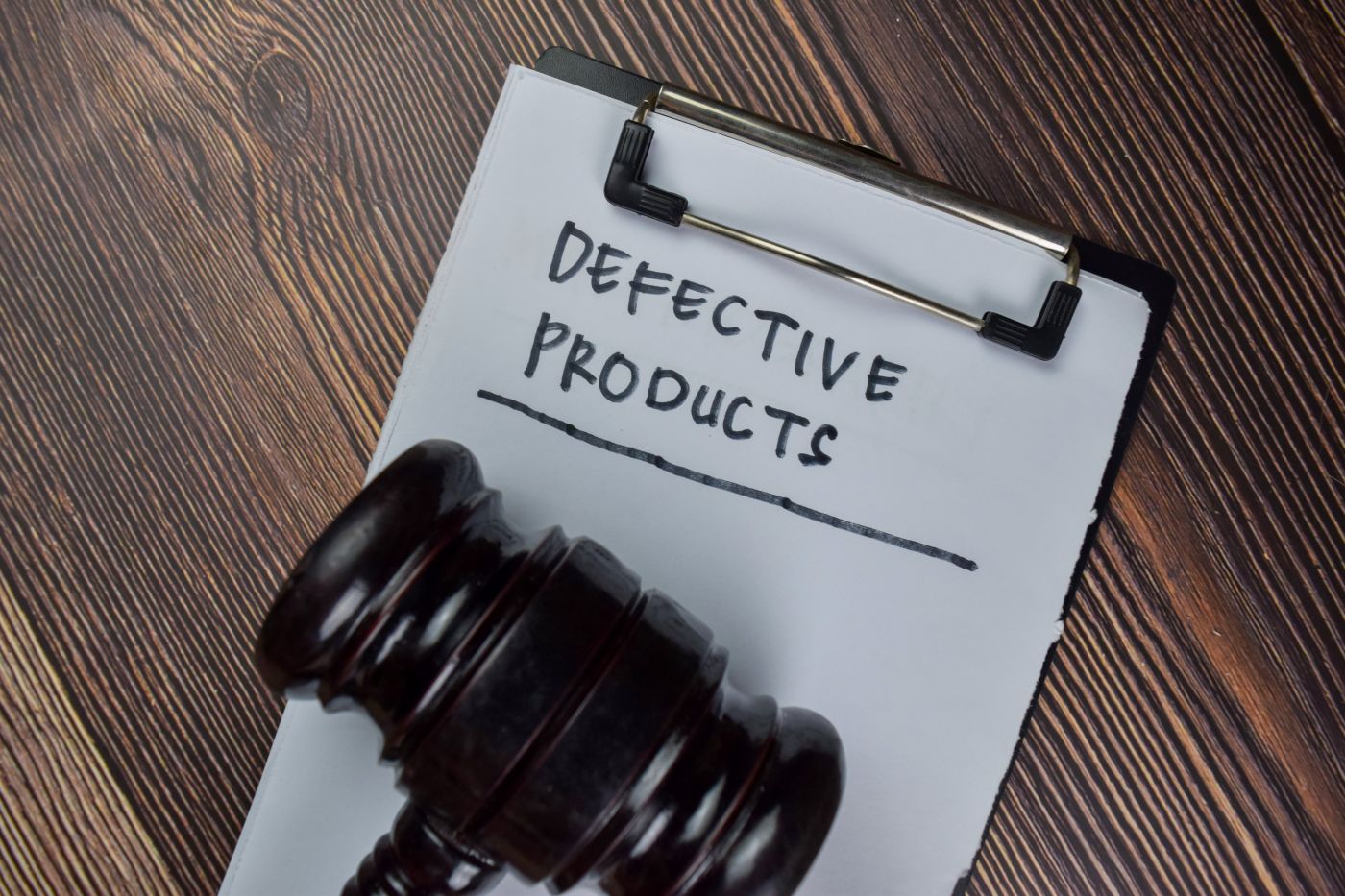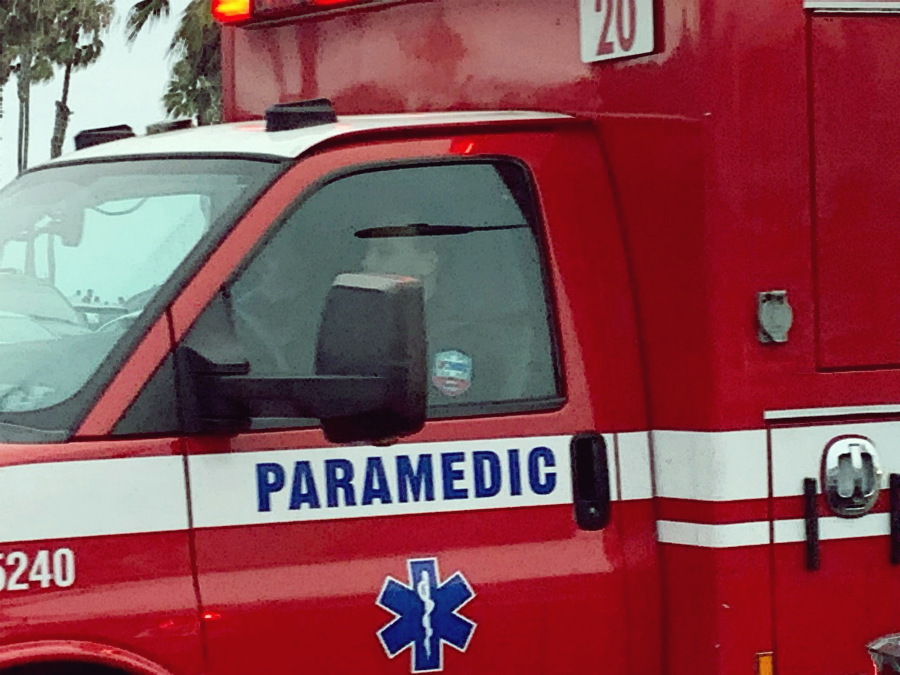
When you buy a product, you expect it to be safe. But sometimes, defects or dangerous flaws can lead to serious injuries. Whether it’s a faulty appliance, a contaminated food product, or a defective car part, injuries caused by products can leave you with overwhelming medical bills, lost wages, and long-term pain. You may be left wondering what legal options you have.
Understanding your rights can help you take the next steps toward getting the compensation you desire. There are several legal avenues available to hold the responsible parties accountable. A knowledgeable personal injury attorney at Harrell & Paulson in Kaufman, Texas, can walk you through your options and help you determine the best course of action.
Types of Product Defects That Can Cause Injuries
Not all product-related injuries happen for the same reason. In most cases, a product defect falls into one of three categories:
Design defects: These occur when a product is inherently unsafe due to the way it was designed. Even if manufactured correctly, a product with a design defect poses a risk to consumers. Design defects often affect an entire line of products rather than just a single item. The issue isn’t how the product was made but rather the product’s design.
Manufacturing defects: These defects happen during production or assembly. A flaw in the manufacturing process can make a product dangerous even if the design is safe. Unlike design defects, manufacturing defects usually affect only a portion of the products produced.
Marketing defects (failure to warn): If a product lacks proper warnings, instructions, or labels, it can put users at risk. Companies must inform consumers about potential dangers and how to use the product safely. Marketing defects involve missing or unclear safety instructions, inadequate warnings about potential risks, or misleading advertising.
Understanding what kind of defect caused your injury is important because it helps determine who may be held responsible with the help of a personal injury attorney. The next step is identifying who’s liable for the harm you’ve suffered.
Who Can Be Held Responsible for a Defective Product?
It can be confusing to know who should be held responsible for a defective product. After all, there are countless agents involved in the global supply chain. When a defective product causes harm, there are a few parties that are commonly held responsible, including:
The manufacturer: This could be the company that designed or produced the product. If the defect stems from a design flaw or a problem in the manufacturing process, the manufacturer may be liable.
The distributor or wholesaler: Companies that distribute the product between the manufacturer and the retailer may also bear responsibility if they played a role in allowing a defective product to reach consumers.
The retailer: Even though stores don’t make the products they sell, they can still be held responsible if they sell defective or dangerous products to consumers.
Identifying the responsible party is key to building a strong legal case. Once you know who might be liable, you can explore the different legal options available with your personal injury attorney.
Legal Options for Seeking Compensation
If you’ve been injured by a defective product, there are a few different ways to seek compensation with the help of a personal injury attorney. These legal options include:
Filing a product liability lawsuit: You can file a lawsuit against the manufacturer, distributor, or retailer under Texas product liability laws. These claims can be based on negligence, strict liability, or breach of warranty.
Joining a class action lawsuit: If multiple people have been injured by the same product, you may be able to join a class action lawsuit. This can be a good option if your case shares common factors with others.
Filing an insurance claim: Some companies carry liability insurance that covers injuries caused by their products. Depending on the circumstances, filing an insurance claim may be an option before taking legal action.
Each of these options has its pros and cons. The right choice will depend on the specifics of your case, the severity of your injury, and how you wish to proceed. Before making a decision with your personal injury attorney, it’s important to gather evidence that supports your claim.
Steps to Take After a Product-Related Injury
Taking the right steps after an injury can strengthen your case and increase your chances of getting compensation. Here’s what you should do:
Seek medical attention: Your health should always come first. See a doctor immediately and follow their recommendations.
Keep the defective product: If possible, hold onto the product that caused your injury. Don’t attempt to fix it or alter it in any way.
Take photos and document the injury: Pictures of the product, your injuries, and any damage caused can serve as valuable evidence.
Save receipts and records: Keep any receipts, packaging, or documents related to the product. Medical records and bills are also important for proving damages.
Speak to a personal injury attorney: A legal professional can help you understand your options and determine the best way to proceed.
These steps can help protect your rights and build a strong case. Understanding how Texas law applies to your situation is also critical.
How Texas Law Affects Product Liability Cases
Texas follows a strict liability approach in many product liability cases. This means that you don’t always have to prove negligence to recover damages. Instead, you only need to show that the product was defective and that the defect caused your injury.
However, Texas also has a statute of limitations for product liability claims. Generally, according to Texas Statutes, you have two years from the date of the injury to file a lawsuit. If you wait too long, you could lose your right to seek compensation.
Additionally, Texas follows a modified comparative fault rule. If you’re found to be partially responsible for your injury, your compensation could be reduced. For example, if you were 20% at fault, your total award would be reduced by that percentage.
Understanding how Texas laws apply to your case can make a difference in your legal strategy. If you’re considering filing a claim, knowing what kind of compensation you may be entitled to is also important.
What Compensation Can You Recover?
Victims of defective products may be able to recover different types of compensation, including:
Medical expenses: This includes hospital bills, medications, surgeries, and ongoing treatments.
Lost wages: If your injury caused you to miss work, you may be compensated for lost income.
Pain and suffering: Compensation for physical pain, emotional distress, and loss of enjoyment of life.
Punitive damages: In some cases, if a company acted with gross negligence, the court may award punitive damages to punish them and prevent future harm.
The amount of compensation you receive will depend on the severity of your injuries, the circumstances of the case, and the evidence available. Taking action as soon as possible with a personal injury attorney can help strengthen your claim.
Contact Us Today
A defective product can cause serious injuries that impact your life in many ways. If you’re dealing with a product-related injury, speak with a personal injury attorney at Harrell & Paulson. The firm serves clients in Forney, Terrell, Rockwall, and Kaufman, Texas. Reach out to us today to get started with a free consultation.



